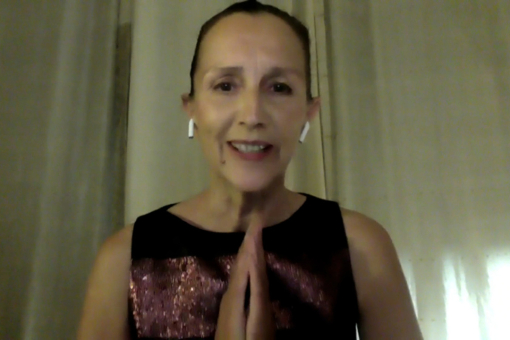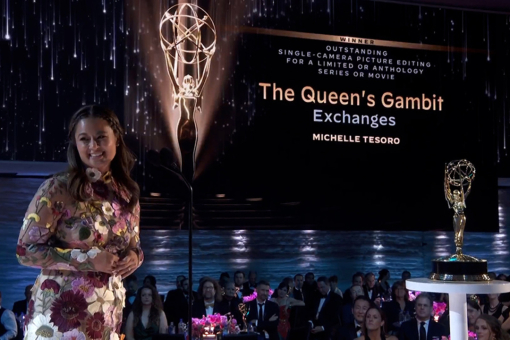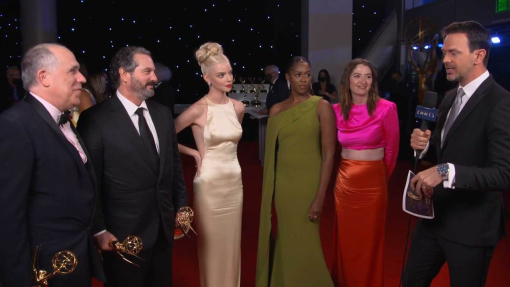When Anya Taylor-Joy was 17, she wrote her parents a five-page essay explaining her decision to drop out of school.
She was being bullied, she didn't relate to her peers and — after a nomadic childhood in the U.S., Argentina and the U.K. — she longed for a place where she could feel a sense of belonging. She believed she possessed a talent, acting, that could help her find that place. Taylor-Joy's parents were wary of her decision to leave school to act. She was not.
Not long after, while modeling for a photo shoot on the set of Downton Abbey, she met actor Allen Leech, who connected her with his agent. A year later, she was filming her breakout role in the 2015 horror movie The Witch, and she has worked relentlessly ever since, appearing in 12 movies and four series in the past five years.
With her expressive eyes and measured acting, she has brought a resonant humanity to roles ranging from Barack Obama's girlfriend (Barry), a murderous teen (Thoroughbreds) , the kidnapped victim of a psychopath (Split) and Jane Austen's Emma.
Now she's starring as Beth Harmon in The Queen's Gambit, a Netflix limited series about an orphaned chess prodigy striving to become the world's greatest player. Scott Frank (Godless), who adapted the late Walter Tevis's 1983 novel of the same name, serves as cocreator, executive producer, writer and showrunner. He also directed all seven episodes.
Taylor-Joy often sees herself in the characters she plays, but her connection with Harmon was especially strong.
"I understood her immediately," she says. To embody her, though, she had to learn about the fundamentals of chess, the dance-like choreography of tournaments and the addiction that afflicts her character. But a young woman using her great talent to find a place in the world? That wasn't so foreign to Taylor-Joy.
Little surprise, then, that what she most hopes audiences take away from The Queen's Gambit is something she herself has learned. "There is a place for everybody in the world," she says, "and while there may be growing pains and grief, you will eventually find a place where you are valued and understood."
This article originally appeared in emmy magazine, Issue No. 11, 2020











